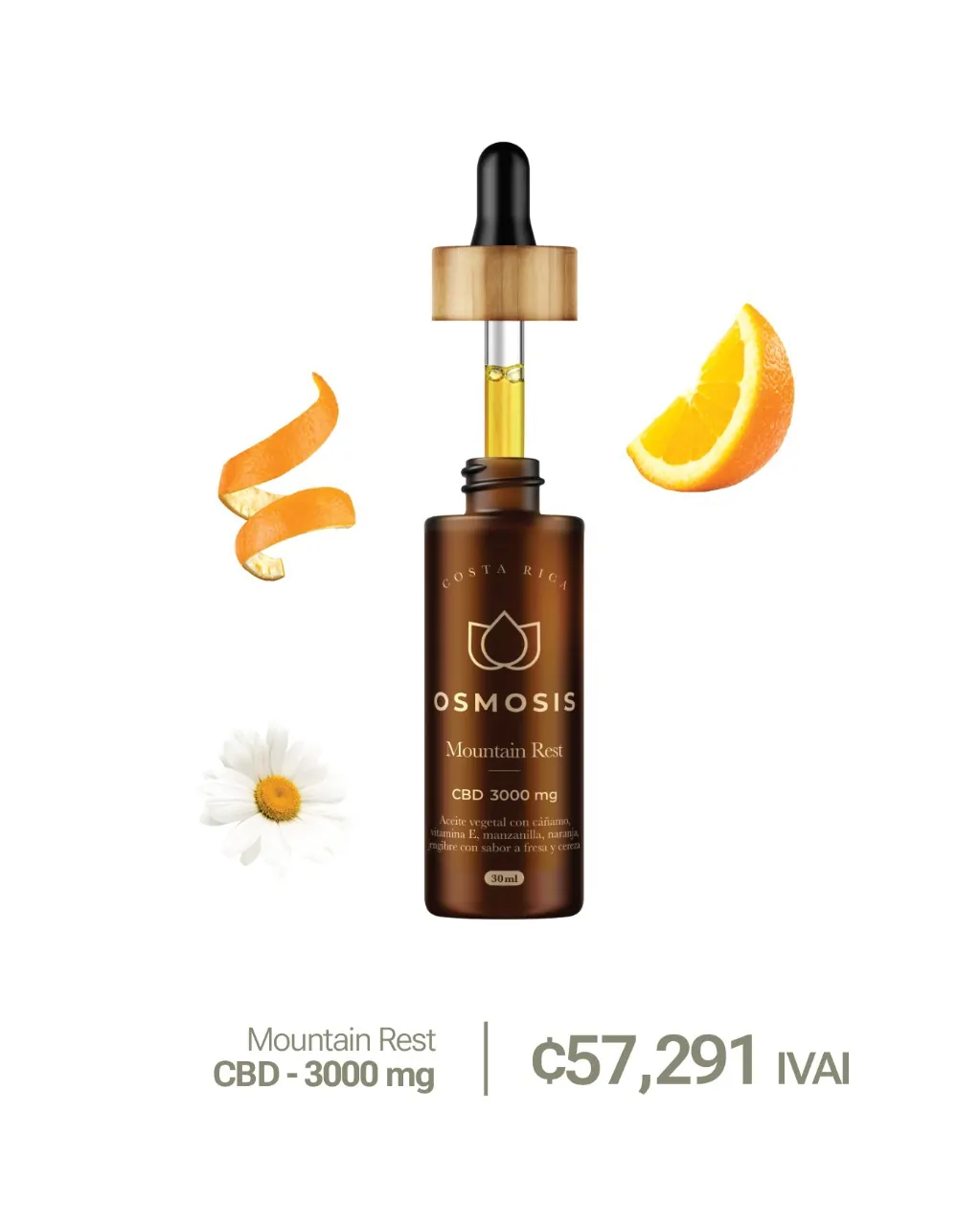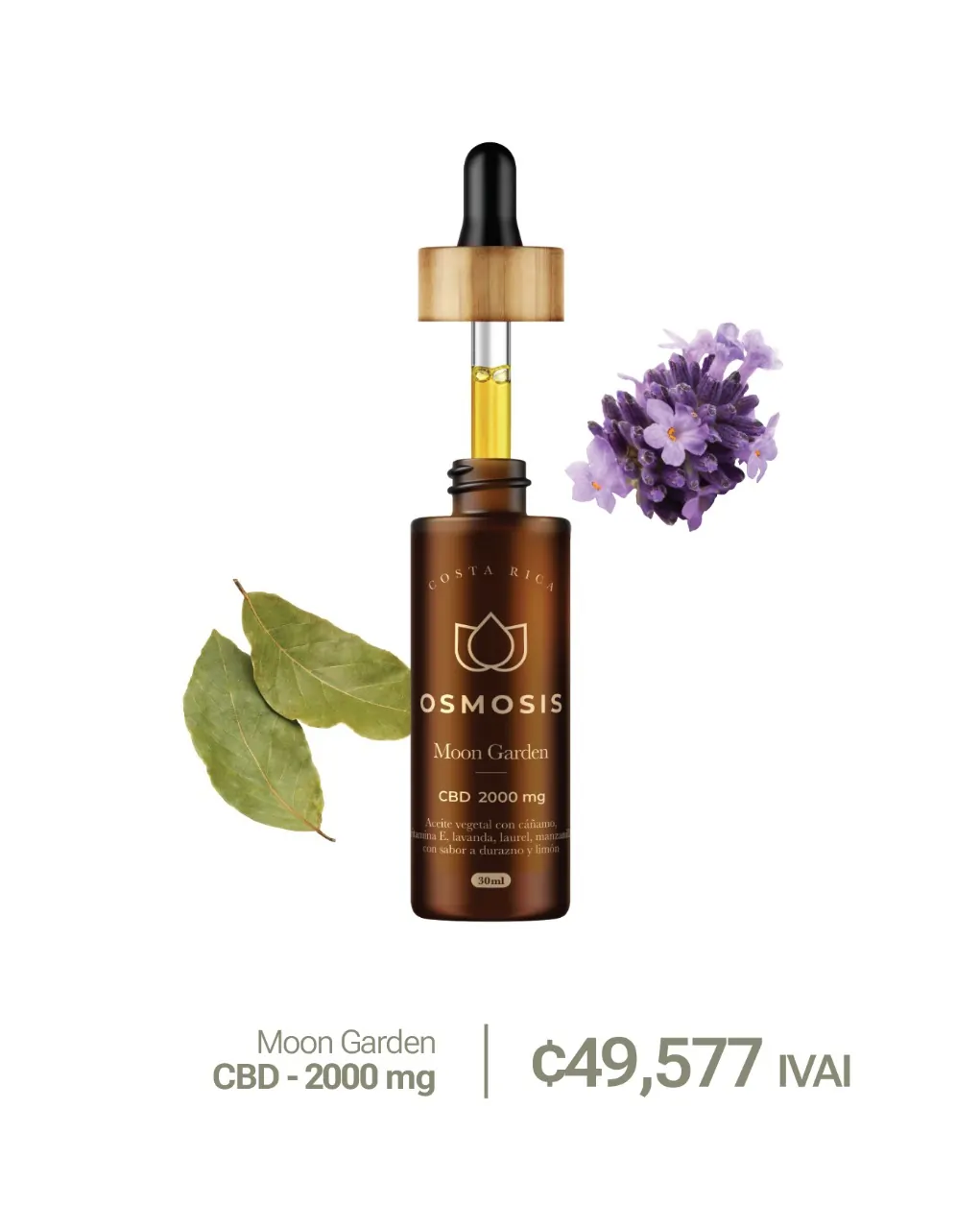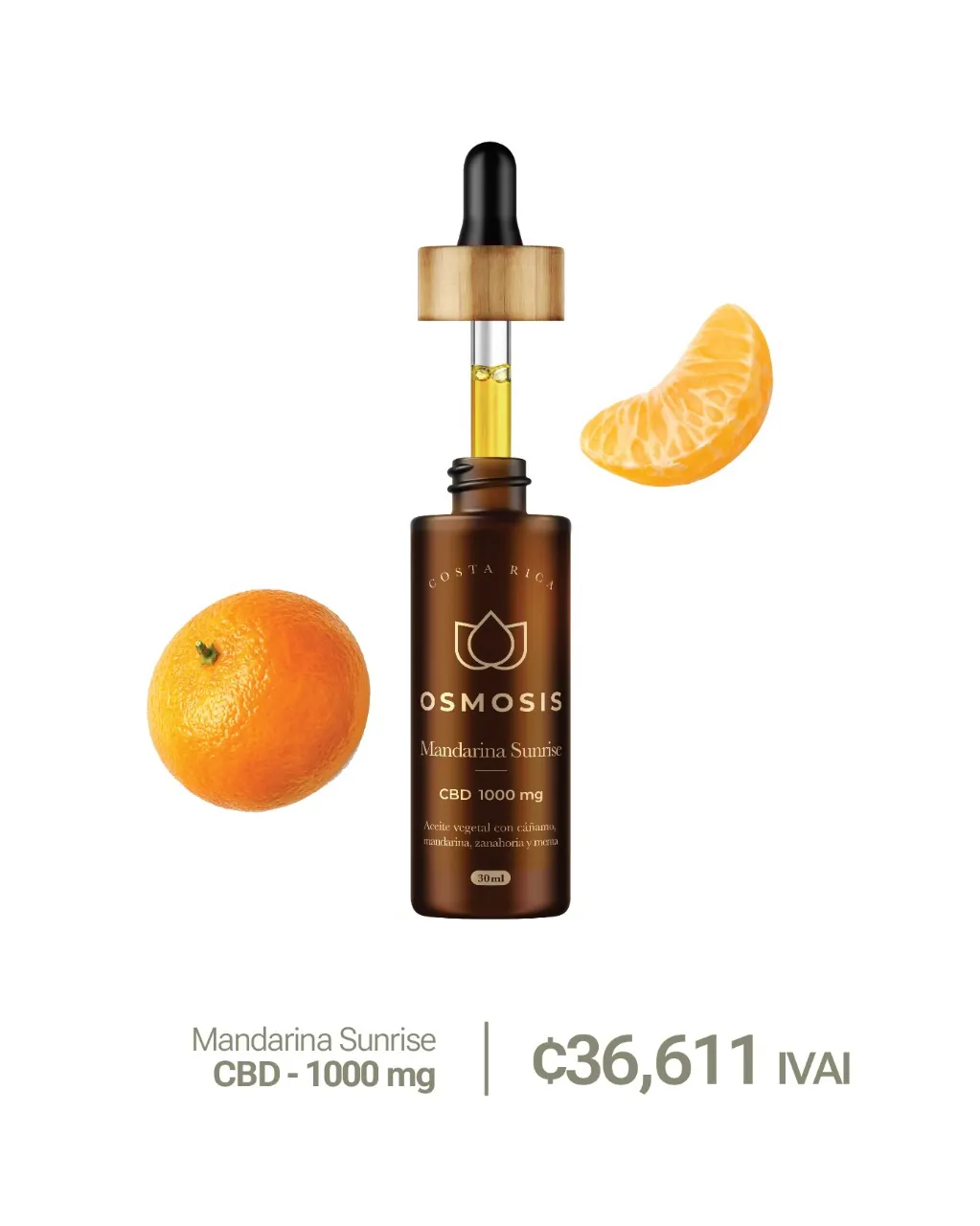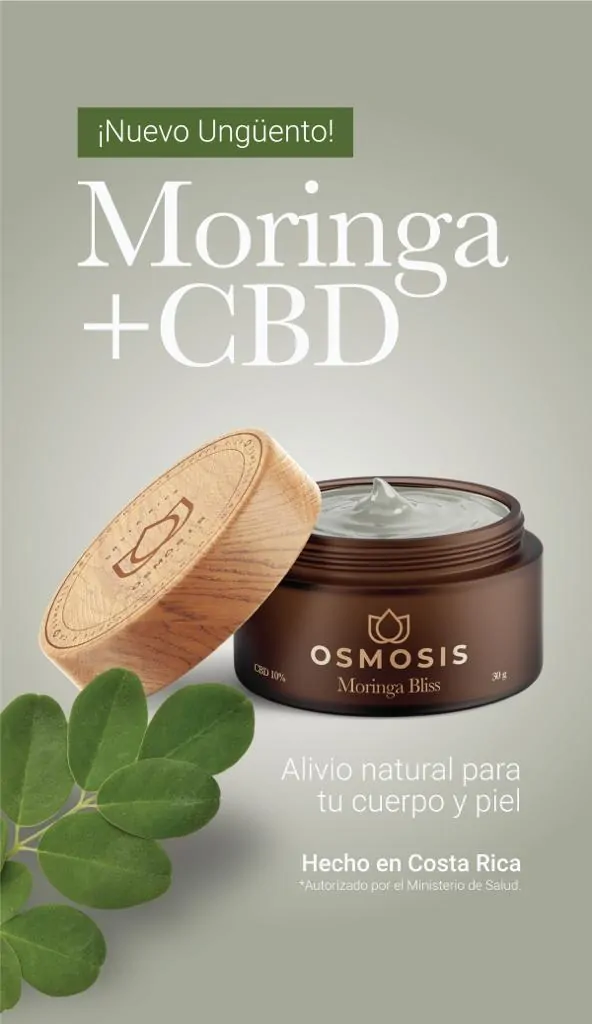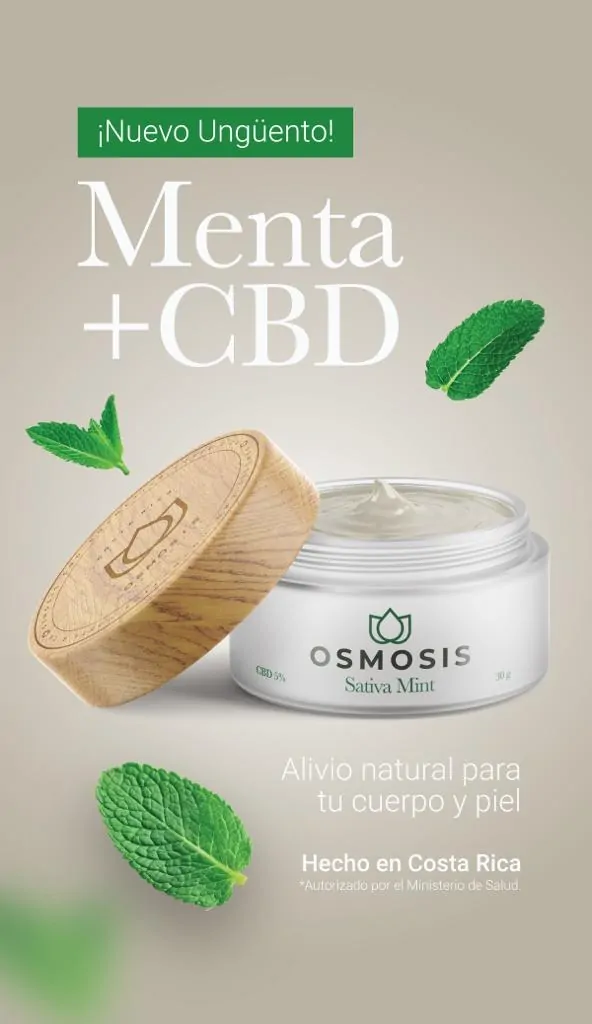We have long believed that the use of cannabis could contain a degree of toxicity that could significantly affect the vital signs of animals. Some have even claimed that some cannabis-based products have led to the recent deaths of two dogs who choked to death on vomit after accidentally eating chocolates containing high levels of Tetrahydrocannabinol (THC).
Before drawing conclusions based on one or two specific testimonies, when answering the question: Is cannabis toxic to dogs? A very important premise about the animal kingdom must be taken into account. Already since the 1960s when scientist Raphael Mechoulam conducted his first research, we understand that all mammals possess an endocannabinoid system, – regulator of sleep, appetite, insomnia, vitality…- with which they interact directly with cannabinodes and endocannabinoids.
If the question is: what degree of toxicity does THC have when ingested by a dog, there are those who talk about it existing, and, faced with this, many veterinarians like Juliana Corrales, founder of Treatibles in the United States, feel more comfortable working directly through Cannabidiol (CBD).
“After working with different veterinary doctors, I came to the conclusion that a recommended dose for dogs is 1 gram per 10 pounds of weight,” says Corrales.
However, in case of chronic pain, the ideal is to look for an entourage effect (interaction of several cannabinoids) where THC treatment for cancer is important and complementary, according to the entrepreneur.
The treatment of cannabis in canines, despite being an almost incipient issue, has vast records of effectiveness and has been used by veterinarians for years. Colombian doctor Diego Atuesta claims to have treated more than 6,000 dogs over 18 years.
Some of the most recurrent cases, pointed out by the expert, are: Parkinson’s, bipolar syndrome and Alzheimer’s, at the level of irregularities in the production of dopamine; as well as tumors where by means of oxygen aspirations, tumors in the larynx are usually treated, recurrent in breeds such as the pug or the bulldog. In these cases, the tumor disappears.
Another case pointed out by the veterinarian is degenerative osteoarthritis, for which powerful painkillers are prescribed, which are not always successful. “With cannabis, some of them have started to walk,” says the doctor with more than 18 years of experience.
Food poisoning
Recently published in Nevada County Cannabis (California) some recommendations on what to do if a dog is intoxicated with cannabis products, not in a veterinary treatment, but in an accidental ingestion of edibles:
- Determine the amount of cannabinoids contained in the ingested food.
- Analyze the ingredients it contained in order to determine if there are any ingredients toxic to dogs such as chocolate, raisins, nuts or sweeteners.
- If there is an evident intoxication (vomiting) it is best to take it immediately to the veterinarian. Otherwise, it is recommended to monitor your pet’s attitude.
A Humboldt County doctor, Dr. Erick Barchas, states that there is no “lethal dose” that can kill a dog. According to his experience working in a county where this plant has been grown for decades, none have died from ingestion.
Regarding medication, the method to be followed should be determined with the same rigor as is being done for human use. At a general level, there is a consensus on the need for a variety of studies to better delimit the information for future treatments.


